Description
Understanding DMT (Dimethyltryptamine): Effects, Risks, and Legal Status
What is DMT?
Dimethyltryptamine (DMT) is a powerful psychedelic compound found naturally in some plants and animals, including trace amounts in the human brain. Often referred to as the “spirit molecule,” DMT is known for its intense, short-lived hallucinogenic effects, typically lasting 5 to 30 minutes when smoked or vaporized.
Effects of DMT
-
Visual & auditory hallucinations (vivid colors, geometric patterns, entities)
-
Altered perception of time and reality
-
Ego dissolution (feeling disconnected from self)
-
Spiritual or mystical experiences
Potential Risks & Side Effects
-
Psychological distress (bad trips, anxiety, paranoia)
-
Increased heart rate and blood pressure
-
Risk of accidents due to impaired judgment
-
Possible interactions with medications or mental health conditions
Is DMT Legal?
DMT is classified as a Schedule I controlled substance in many countries (including the U.S.), meaning it is illegal to buy, sell, or possess outside of approved religious or research contexts.
Harm Reduction Tips (If Used)
-
Never mix with other substances (especially MAOIs, SSRIs, or stimulants).
-
Use in a safe, controlled environment with a sober trip sitter.
-
Start with a low dose to gauge sensitivity.
-
Avoid use if you have a history of psychosis or severe mental health issues.
Legal Alternatives & Research Chemicals
Some people explore legal psychedelic analogs (like 4-AcO-DMT or 5-MeO-DMT derivatives), but these also carry risks and may be illegal in some regions. Always research local laws before considering any substance.
Where to Find Reliable Information?
For unbiased, science-based drug education, check:
Final Thoughts
While DMT and other psychedelics can produce profound experiences, they also carry serious legal and health risks. Always prioritize safety, legality, and informed decision-making over curiosity or recreational use.

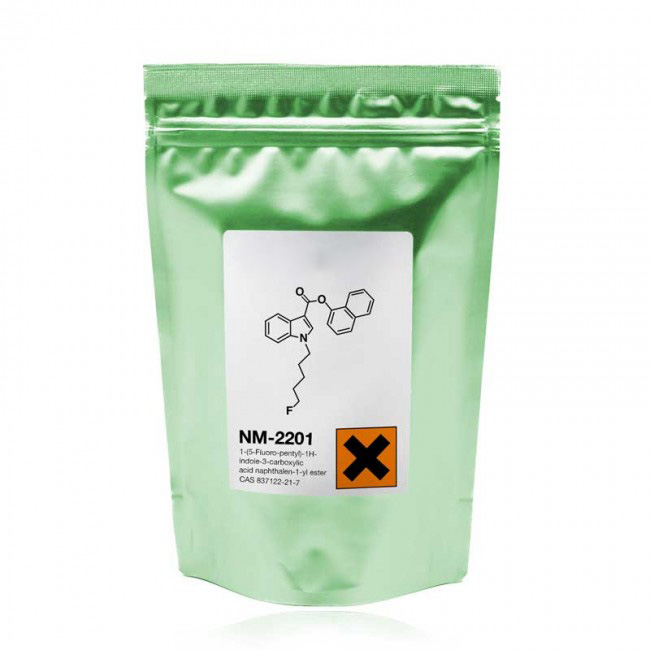

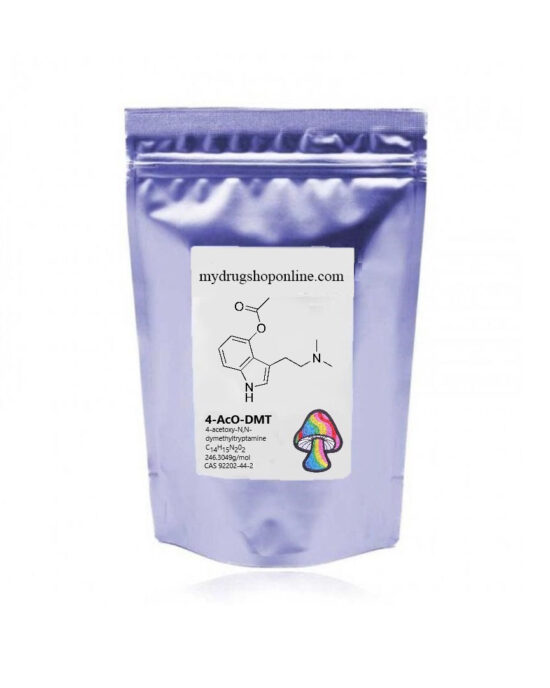
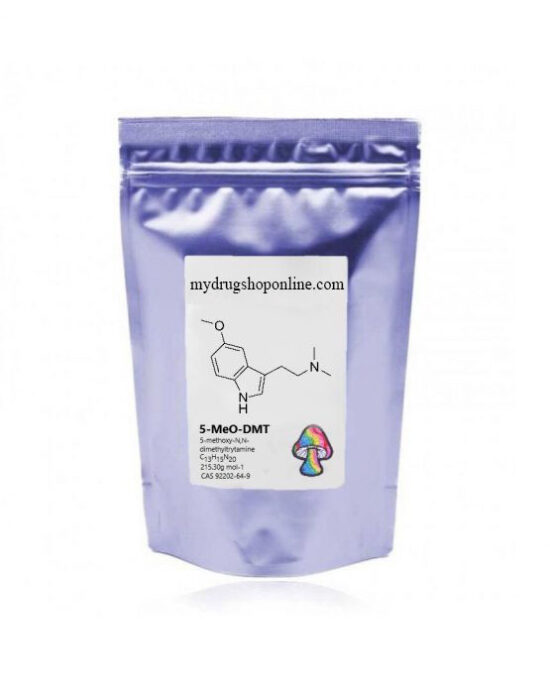

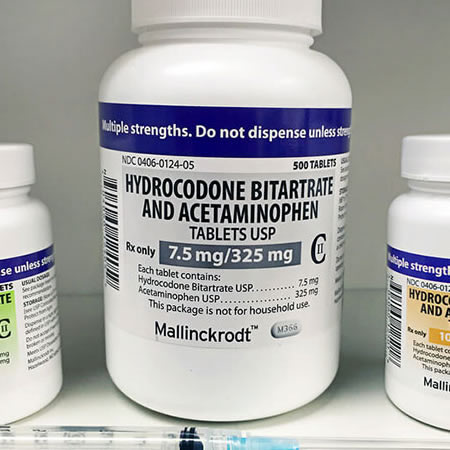
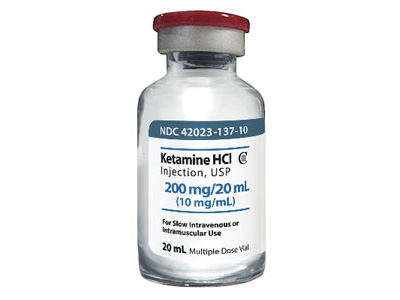
Reviews
There are no reviews yet.